LiA Experience Abroad Reflection: My Journey in Rural Vietnam
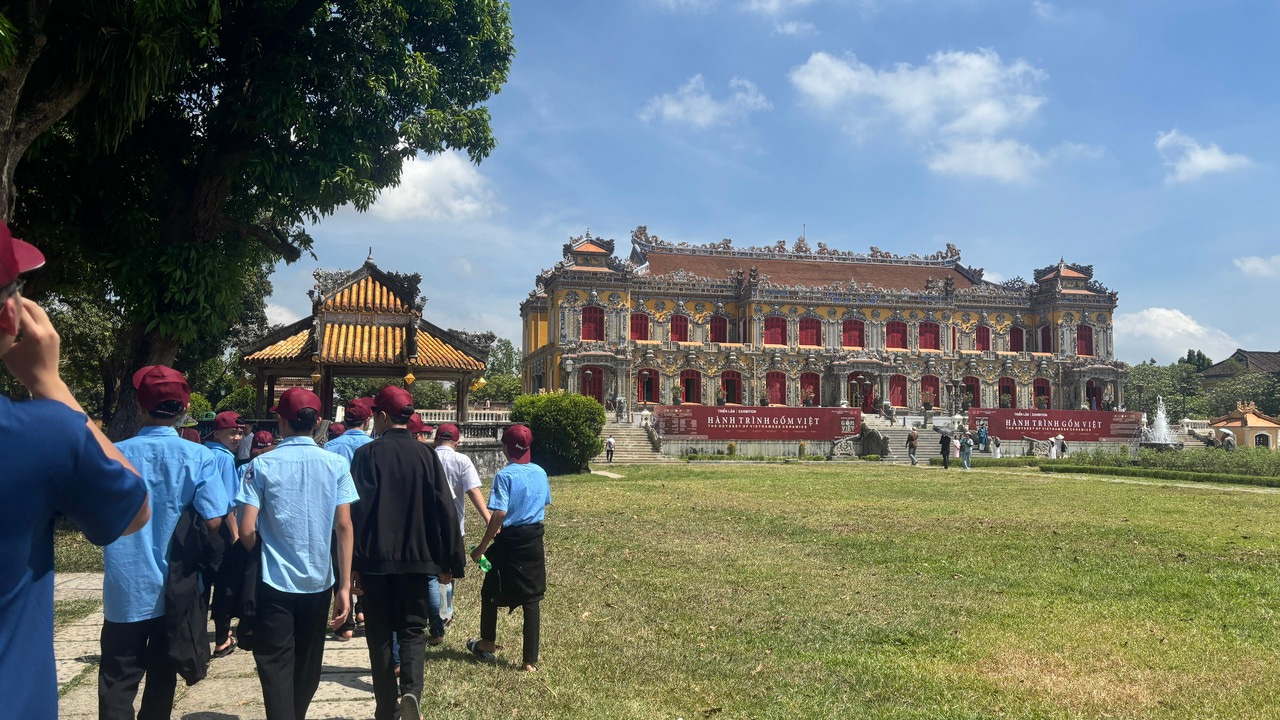
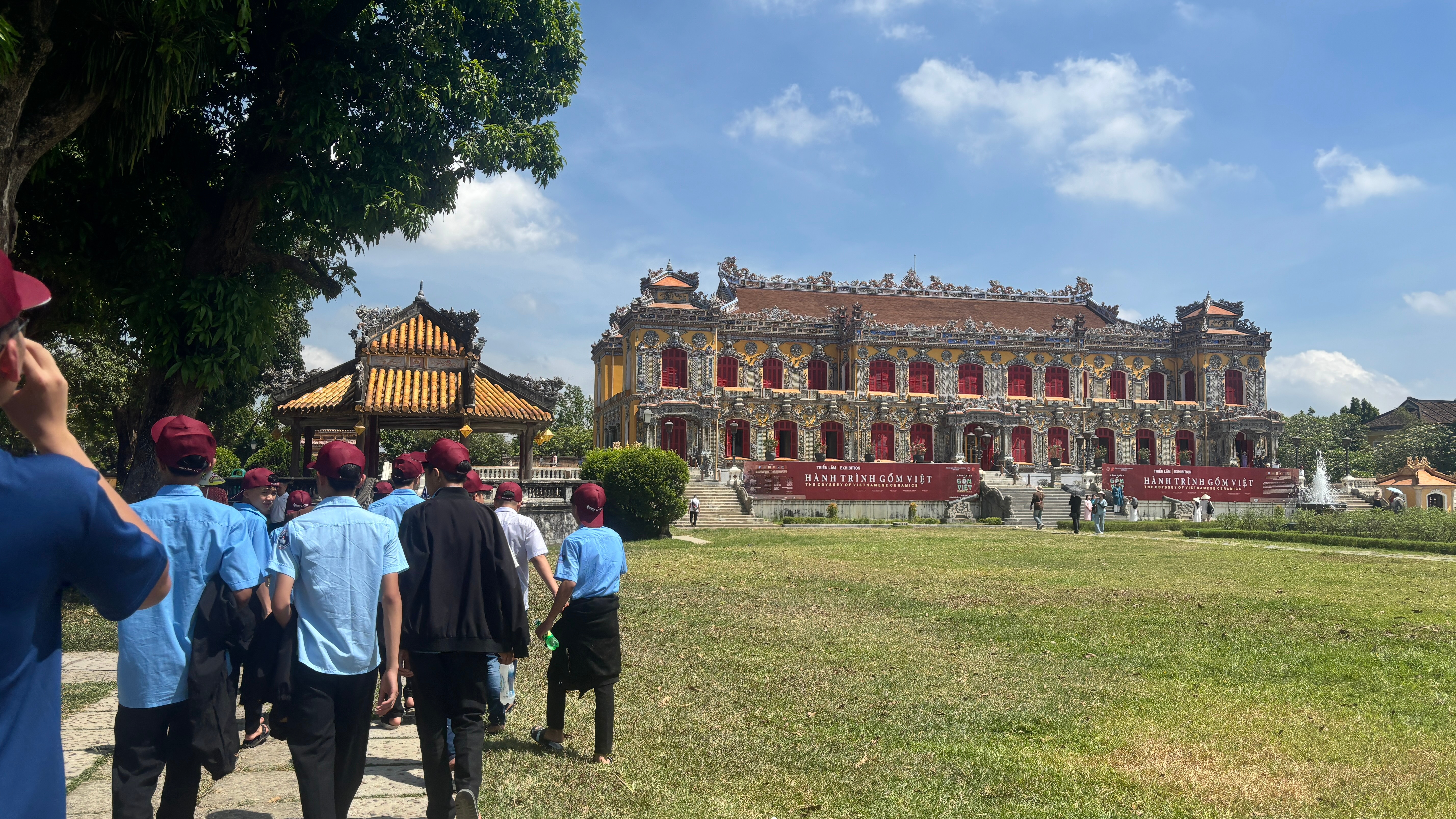
Introduction
For my LiA, I went to A Lưới, a mountainous district in Thừa Thiên Huế Province in Việt Nam, to teach digital creativity softwares at a local middle school servicing the local and indigenous children in the area. I would help improve the digital infrastructure of the school, and students and teachers would learn new tools for self-expression and for everyday use. But the experience became so much more than that. Yes, I taught Canva and AI tools to eager students. Yes, I ran workshops for dedicated teachers. But more importantly, I learned lessons about culture, patience, and human connection that no classroom could have taught me. The students, teachers, and community members of A Lưới became my teachers in ways I never expected.
Arriving with Confidence, Meeting with Surprise…
I entered Vietnam believing that my Vietnamese heritage and language skills would provide sufficient cultural foundation for the project. Having grown up in Vietnam while maintaining connections to Vietnamese culture when moving to Canada and having spent months planning the curriculum and project execution, I felt I was prepared to navigate between worlds. This confidence, I now recognize, reflected a tendency to emphasize similarities over differences (assuming that shared ethnicity and basic language skills would translate to cultural fluency).
The first week humbled me pretty quickly, because during the first lunch with the teachers and my Vietnam point of contact, I caught maybe 30% of the conversation while struggling to handle the spicy Huế cuisine. The rural Huế dialect was nothing like the Vietnamese I knew. Add in some occasional local đồng bào slang, and I was lost. But what surprised me was that it was okay. The teachers smiled when I gestured, not able to find the right vocabulary, and repeated things. They taught me local phrases with patience and good humor.
The school was different from what I expected too. The internet dropped constantly, half the computers didn’t even start, and even for the ones that did work, students couldn’t engage with the free softwares because they didn’t have Gmail. Within days, it was pretty evident that my carefully planned curriculum was needed significant changes. But instead of disaster, there was opportunity because the limitations pushed me to think differently and be creative. And most importantly, they taught me to listen and be responsive to the needs of the community I was serving.
There was a moment that stood out to me from that first week. I suggested a change during a planning meeting with the principal and teachers, thinking I was being helpful and collaborative. The room went quiet. Polite smiles appeared and the conversation moved on. Later, the principal gently explained during a separate conversation: as the youngest person there, and an outsider, I should listen first, speak later. Maybe much later. In Canada, we value speaking up. Here, wisdom meant being strategic with your contributions.
Students as Teachers
Working with the students transformed everything for me and was the highlight of my entire experience there (aside from biking over 14km every day to and from the school). Despite these broken computers and the limitations, they showed up every class so excited to learn. When technical failures happened (which was often), they laughed. They helped each other and found workarounds together when one student’s computer wasn’t working. I found their joy was infectious and it fueled me to continue showing up to every class with a smile on my face.
They also became my language teachers during and outside of class. “Cô Minh ơi, Cô nói từ này như thế đấy”, or roughly translated, "Teacher Minh [my Vietnamese name], you say it like this," they'd tell me, writing phrases on the board when I couldn’t understand their contributions in class. They'd act out meanings with gestures when words failed, and I sometimes did too. They taught me slang that made no sense but somehow perfectly captured local life (“mô!”). These moments mattered so much to me, sometimes more than the day’s lesson plan!
Shifting Teaching Paradigms
One of the biggest changes was rethinking how I taught. In Canada where I lived half of my life, students could freely share personal ideas, express opinions, and question teachings. In Vietnam, it mirrored my experience living the earlier half of my life there: I noticed students weren't used to teachers admitting mistakes, playing games in class, or taking breaks outdoors with students.
I made small changes to easily and smoothly bridge this gap - I asked students to call me "Chị" (older sister) instead of "Cô" (teacher), which felt less formal. When I made mistakes, I said so and laughed with the students. This showed them that making errors is part of learning. I praised students for trying to answer, not just for being right. Slowly, students started speaking up more. Their confidence grew with each class. It was a nice opportunity to expose students to more ways to learn and express themselves.
Cultural Lessons in Everyday Life
Time worked differently in A Lưới. Meetings started when people arrived, not at set times. Lunch lasted until conversations ended naturally. What seemed like excess spent time to my mind was actually relationship building. Those long coffee sessions where we didn't talk about work? That's where trust grew and real decisions happened.
As the youngest person in the teaching staff, I had specific unspoken duties. For example, setting up chairs/cutlery, serving others first but in order of seniority, try to speak last when contributing in a discussion. These weren't just implicit rules because they were established practices to show respect. I also learned to communicate beyond words. A pause meant disagreement. Excited agreement sometimes meant polite "no." People rarely refused directly. "That's interesting" or "we'll think about it" usually meant "no." Learning these signals took weeks. I made mistakes, but the teachers and folks around me corrected me kindly.
Takeaways and the Journey of Connection
The measurable outcomes from this program - such as students learning software, teachers gaining skills, curriculum created - tell only part of the story. To me, the unmeasurable impacts matter so much more because they show the long-lasting impact of a project in a community. Every moment of mutual understanding despite language barriers or even shared laughs over technical failures. These connections transformed a project into a partnership. As I return to Canada, I carry these lessons with me in my approach to global citizenship because although my objective was to teach, I definitely left as a student. With cross-cultural engagement, I learned that we all have something to teach and something to learn. The lessons learned in A Lưới about humility and patience reinforced my commitment to work that is responsive to community needs, builds on community strengths and local knowledge, and prioritizes sustainability through existing systems. When we approach each other with humility, curiosity, and respect, incredible partnerships can happen. And sometimes, if we're lucky, we don't just complete projects, we transform lives too, including our own.
Acknowledgements: I would like to thank the Laidlaw Foundation, my LiA project advisor Queenie Ngo and my partner NGO the Organization of Anonymous Contributors (OAC), and the University of Toronto Laidlaw Scholars Programme for their generous support, guidance, and encouragement throughout the development and completion of this project.
Note on photo: The photo included in this report was taken with the permission of Trường THCS Trần Hưng Đạo and its leadership. Consent was granted by the school administration for the use of these images in deliverables associated with the Laidlaw Scholars Programme.
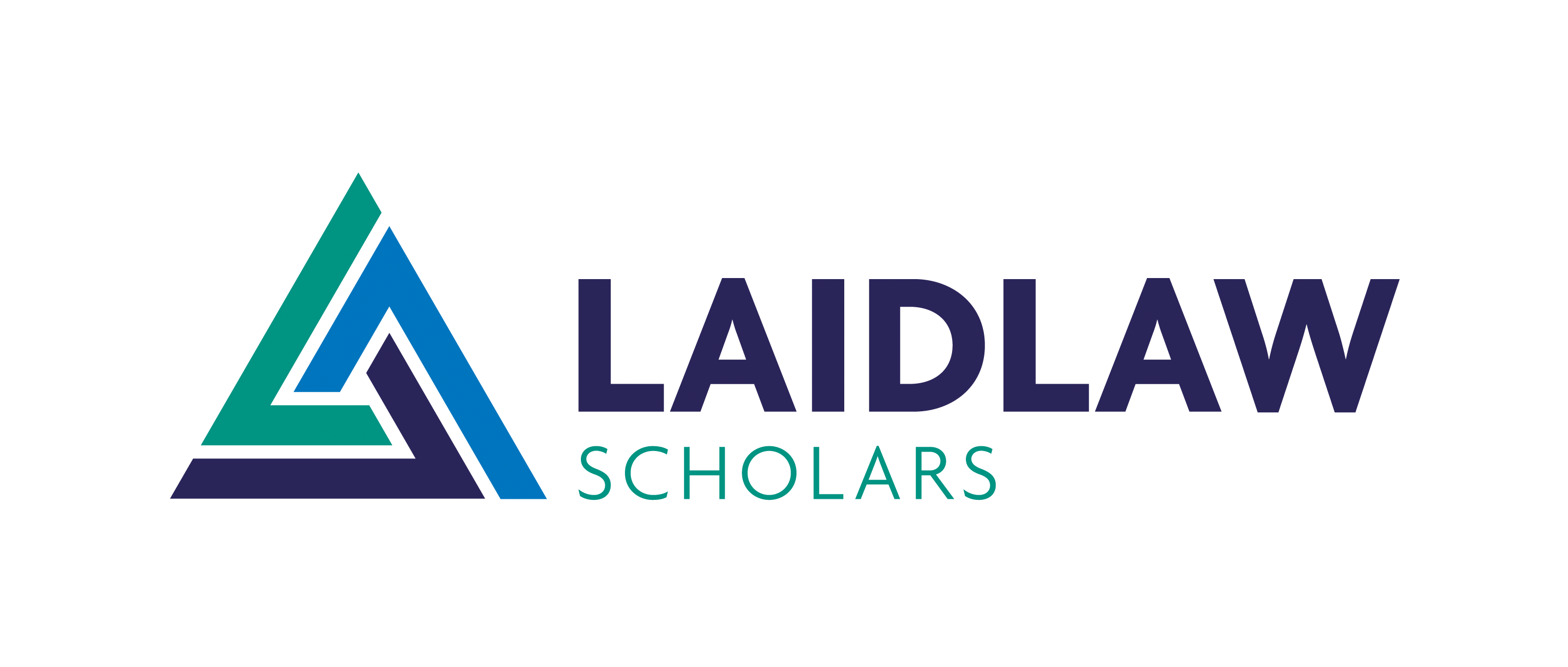
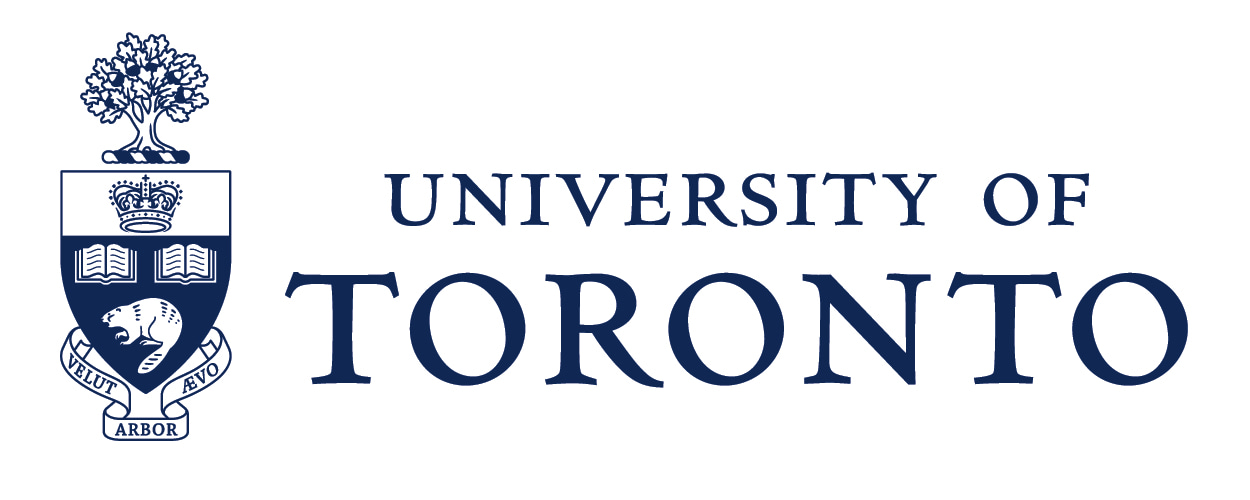
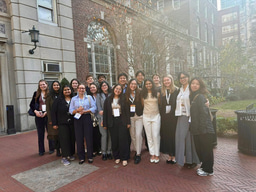
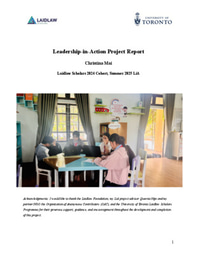


Please sign in
If you are a registered user on Laidlaw Scholars Network, please sign in